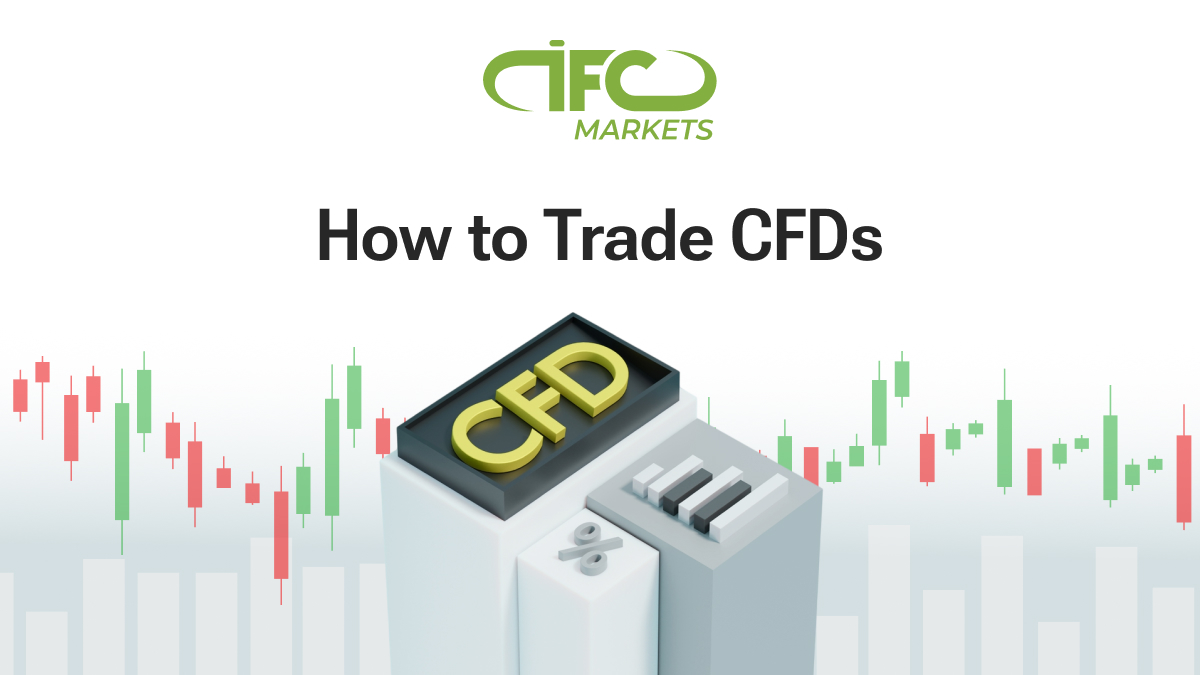
After the financial crisis in 2008, many methods of making money suffered. One of these methods is trading in futures.
However, this method isn’t dead – it is still an excellent opportunity to make a lot of money quickly with relatively little capital outlay if done correctly.
To begin the guide on how to trade in futures, we will start at the basics.
What are futures?
A future is a contract made by two parties (companies or individuals) where one agrees to buy an asset for a set price once that time has come around.
For example, let’s say you have just bought some shares in Tesco plc, and they are currently worth£4.50 each.
However, you think that they will be worth £5 each in a year.
Purchasing a ‘future’ would allow you to purchase the shares at £4.50 and sell them back for £5 later down the line – making yourself an incredible 50p per share made.
The person who buys the future is said to be long, and the person who sells it is said to be short.
It may sound confusing, but when considering investing, it becomes easier: if you buy Tesco shares because you think they’re going to become more valuable, then you are ‘long’, or betting that their value will increase over time.
If you sell your Tesco shares short, then you are hoping that their value will go down, allowing you to repurchase them at the lower price than you sold them for, thus reaping the profits.
How much money do you need?
It’s one of the first questions most people ask themselves when looking into futures trading.
The answer is not much.
You could feasibly set up an account with as little as £100, but this would make it very difficult to make a profit.
The average amount of money now invested in futures is around £25 – £50k, which means more significant gains and losses.
More importantly, though, it allows traders to take advantage of more significant movements in market prices- where they might have previously been unable to due to lack of capital.
Volatility
The volatility of investments in futures is higher than that of other forms; however, this doesn’t mean that they are riskier.
For example, you might research some company’s shares and find out that the share price has stagnated for a year, with no actual movement up or down.
This investment is probably not worth putting any money into because it will be complicated to make any profit – unless you trade their future.
Rather than buying shares themselves, traders can sell short contracts where they bet on the value of one asset dropping.
With less than £100 in your trading account, that contract would likely be worth just £5 per point.
So if an asset that costs £1 plummeted by 30%, the trader would receive £30 in their trading account, which would be a massive increase on the £100 they initially invested.
The danger of such contracts is that if such an asset doesn’t drop by the specified amount, the trader will have to pay back more money than they started with – and since there’s no guarantee that it will happen, that number could be vast indeed.
For this reason, you must research what you’re doing before beginning any trade.
It is crucial to keep up with your investments and make sure your potential investments are safe bets.
For example, you wouldn’t want to invest in Greek bonds right now because their economy has had so many problems.
However, some banks may still offer them as futures even though their value is dropping because the risk of investing in them is outweighed by how much they could be worth.
Alternatively, if you already know about trading but want to take it further, consider paying for an online course with a reputable trader.
There are so many people advising on trading either dishonestly or unknowingly – so do your research before putting any money into anything.
Link to Saxo for more information.






